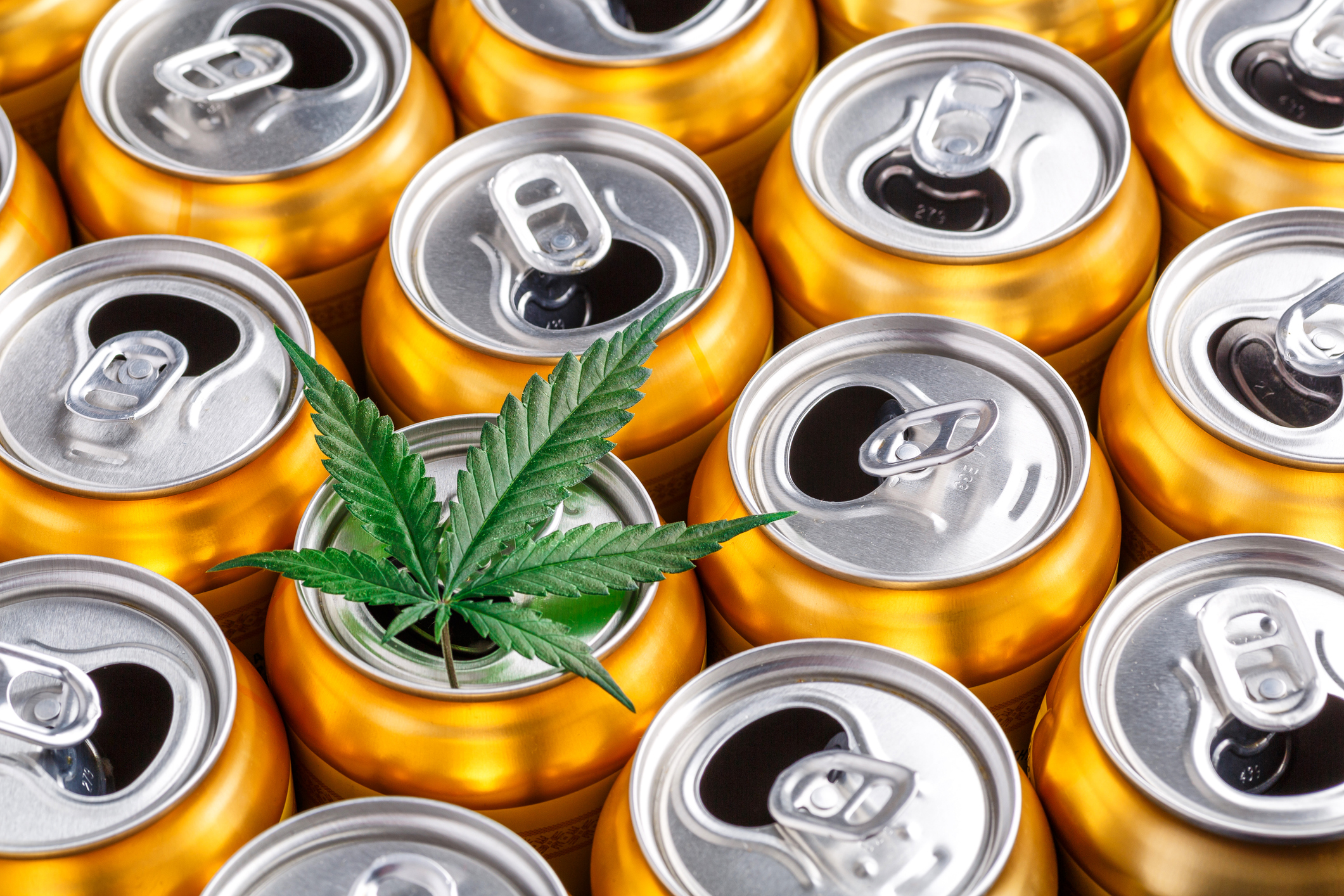The adult-use cannabis legalization legislation has everyone in the industry excited for the future – whether it is undoing damage from the War on Drugs with expungements, or the creation of an adult-use recreational cannabis industry. While the state gears up to accomplish those tasks, the cannabis legislation will make significant changes to the current hemp product law. These changes apply to the hemp product law as it is now (Minnesota Statute 151.72) and will go into effect the day after Governor Walz signs the bill, which is expected to happen after this Memorial Day weekend. Here are four of those major changes to keep in mind.
- Certain Artificially Derived Cannabinoids Will Be Banned.
Under the new changes, certain artificially-derived cannabinoids will be banned, included in this group is hexahydrocannabinol (“HHC”), which was in a grey area of the law and used to get around restrictions on THC vapes. Also banned are tetrahydrocannabiphorol (“THC-P”) products. THC-P is a highly intoxicating cannabinoid much stronger than the most commonly known intoxicating cannabinoid delta-9 THC. A dose of THC-P under the 5 milligrams/serving requirement is extremely strong and typically not appropriate except for those individuals who consume large amounts of cannabis. Tetrahydrocannabinol acetate (“THC-O”), while not generally known to be stronger than THC-P, is not a natural occurring cannabinoid and is still much stronger than common delta-9 THC. Each of these artificial cannabinoids will be banned in all forms – including edible or vapes – when the changes go into effect. Antidotally, these artificial cannabinoids have caused consumers who do not understand these artificial cannabinoids to seek medical care due to their strength. As such, these artificial cannabinoids are viewed as public health risks by regulators and seeing them specifically banned was not unexpected.
- All Hemp Vapes Will be Banned.
To limit the industry’s creativity in concocting the next generation of cannabinoid, the changes to the hemp law will ban cannabinoid products that may be consumed through combustion or vaporization, meaning all hemp vapes are banned. This ban is so broad that it encompasses all vapes and not just those containing non-intoxicating cannabinoids.
- On-site Consumption is Explicitly Allowed.
The hemp law was originally unclear as to whether on-sight consumption was allowed at businesses. Now that question is undeniably affirmative. The new hemp law allows products to be sold for on-site consumption under certain conditions: 1) The retailer must get an on-sale liquor license; 2.) cannabinoid products must be provided to the consumer in the original packaging; 3.) cannabinoid products cannot be sold to a consumer who is intoxicated; 4.) cannabinoid products cannot be mixed with alcohol; and 5.) cannabinoid products removed from packaging cannot be taken off the premises.
- Beverages Containing Hemp-Derived Cannabinoids Are Limited to Two Servings.
Since the hemp law changed in July 2022 allowing edibles and beverages, the industry has been creative in how its products stay compliant under the law. This included businesses manufacturing and selling beverages that contained 50 mg of THC in a single can or bottle by emphasizing the serving size on the can or bottle contains ten servings of 5mg/serving. The new changes to the hemp law will stop that. Going forward, a beverage container may contain no more than two servings, meaning the beverage container may not contain any more than 10 mg.
As stated, these are just four of the major changes to Minnesota’s current hemp product law that will affect the industry as we wait for the adult-use recreational cannabis market to be created. We will continue to provide articles and guidance as the new legislation is passed into law. If you have any questions on how these changes will affect your business or if you have any other questions, please feel free to contact Carol Moss at cmoss@hjlawfirm.com or 952-746-2187.


